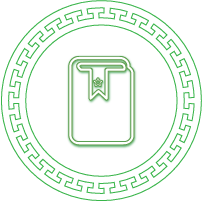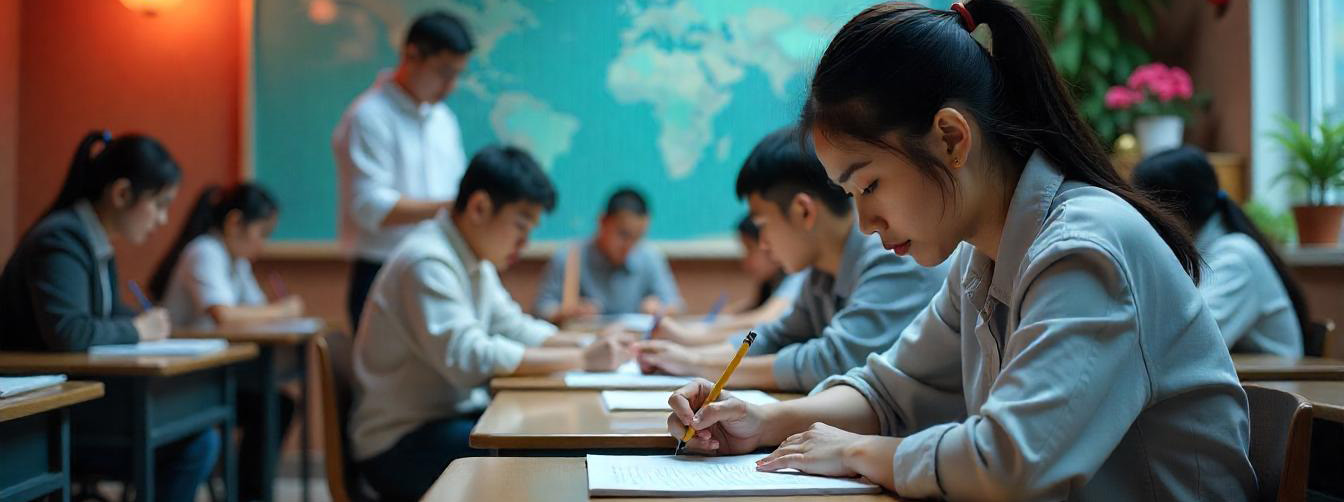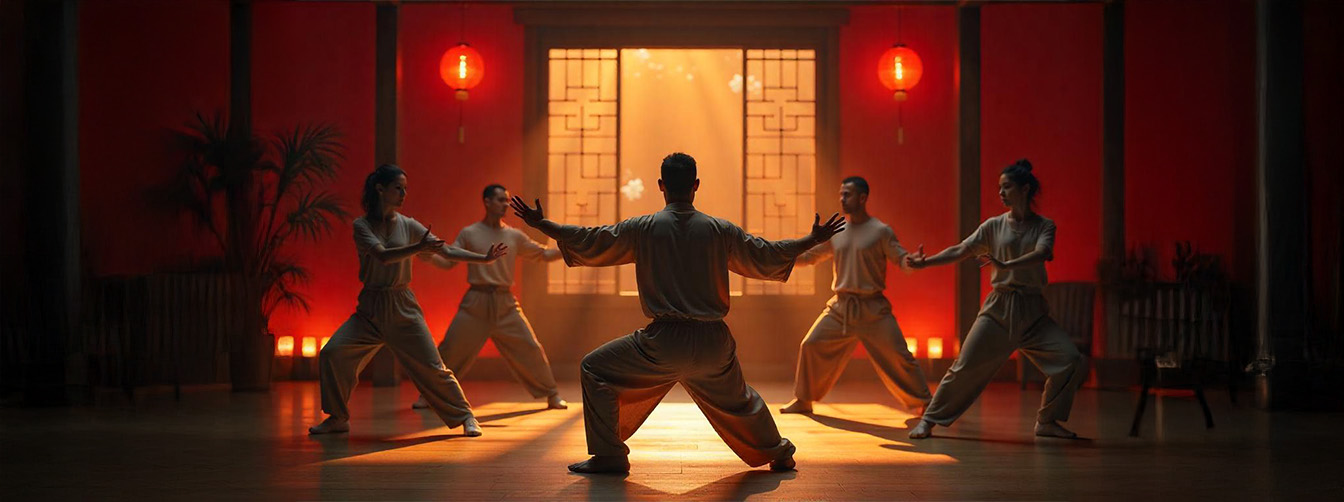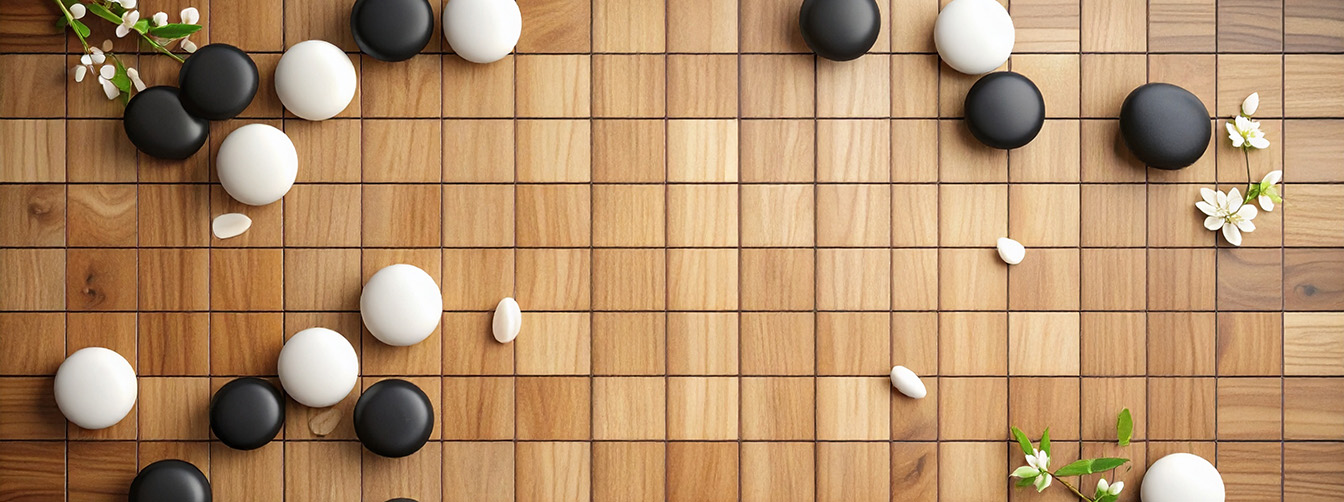The Confucius Institute organises the Chinese language courses in autumn and spring that last three months per season. Depending on their level of knowledge, the students are grouped into HSK 1, HSK 2, HSK 3, HSK 4, and HSK 5. Over the six years of its existence, the Confucius Institute has organised many language and culture courses and workshops, which were attended by more than 500 students and citizens, some of whom had the opportunity to visit China and improve their knowledge. Many Chinese language students have the opportunity to go to a ten-day summer camp and study the language, visit the cities of Beijing and Tianjin and some of the most important cultural and historical sites in the People's Republic of China.
The Institute also organises free elective Chinese language courses for over 200 primary and secondary school students. On 5 October 2020, a Confucius Classroom was opened at Banja Luka Grammar School and it was the first modernly equipped classroom for the study of the Chinese language and culture. Through classes and different activities, and projects, the students and professors of this school may learn and improve their knowledge of the Chinese language as well as learn more about the Chinese culture. Banja Luka Grammar School is one of the few secondary schools in the region that got approval to open a Confucius Classroom in such a short period of time, which is a great success for the Confucius Institute, the school and the City of Banja Luka alike.

Every year, students may take free one-month Chinese language courses during January (winter intensive course) and July or August (summer intensive course), in which they can improve their knowledge and better prepare for the next regular course. For two years, the Confucius Institute has also held the new Business Chinese Course, intended for those who wish to learn the basics of business correspondence in Chinese and the Chinese business culture and etiquette. Last year, it also started providing online Chinese language courses for all those who live in remote places or those who prefer to attend the classes from their homes.
Furthermore, the students attending the Chinese language courses at the Confucius Institute participate in the Chinese Bridge Chinese Proficiency Contests, which are held every year for university, secondary and primary school students. They achieve great results, often win the contests, and get the opportunity to represent their country in China.




 Chinese Language Course
Chinese Language Course 







